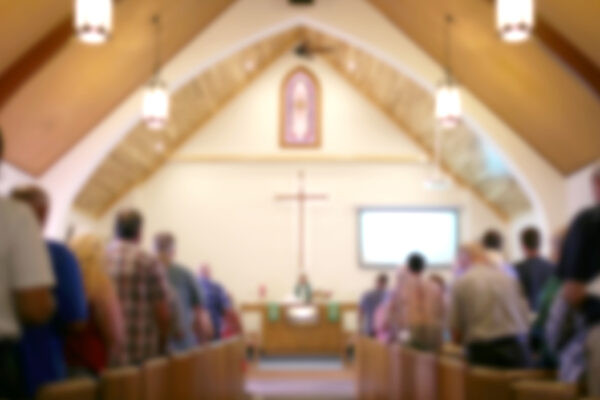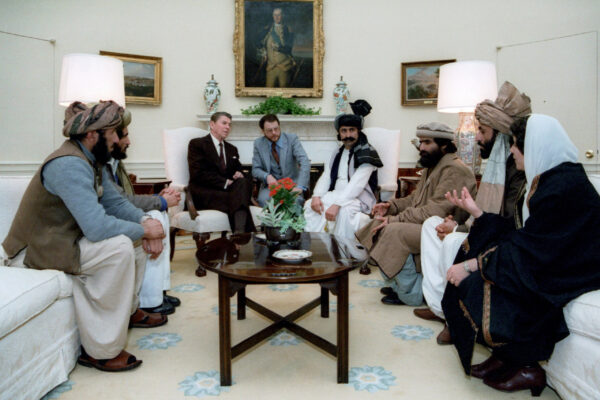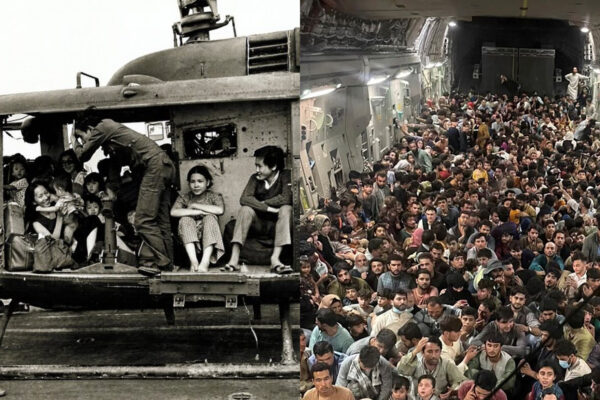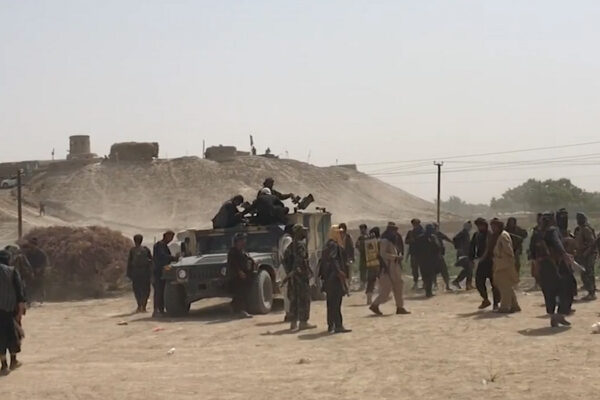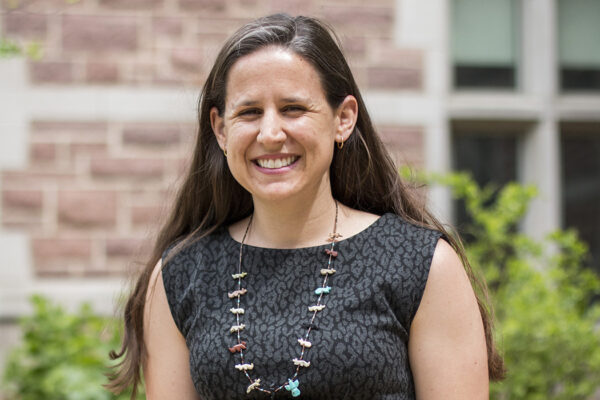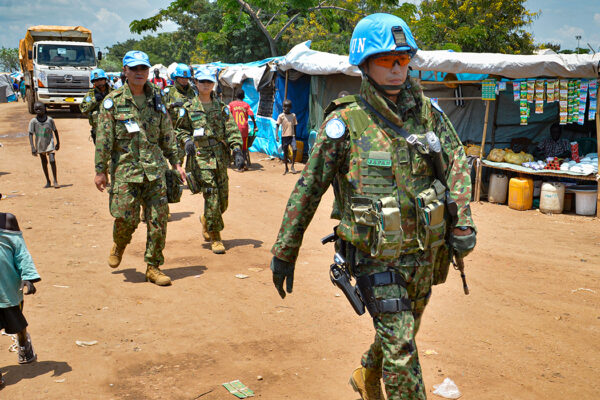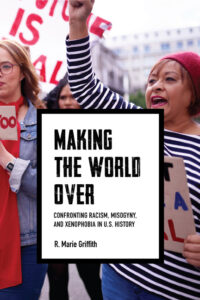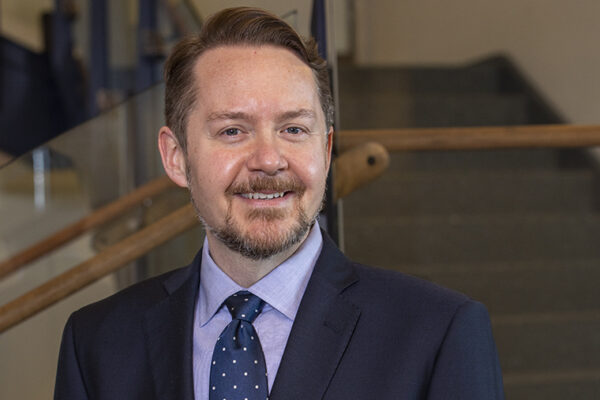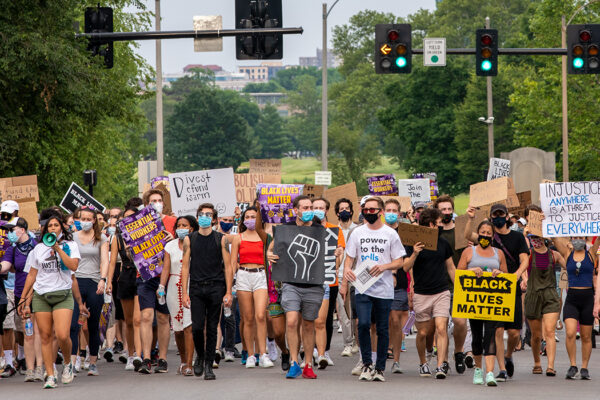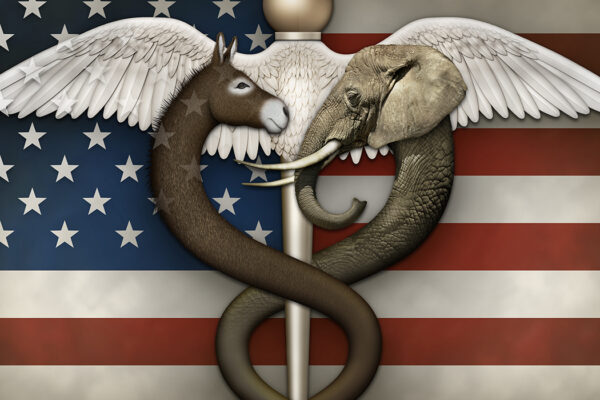Cultural backlash: Is LGBTQ progress an attack on Christianity?
New research by Clara L. Wilkins and Lerone Martin in Arts & Sciences explains why some Christians view recent LGBTQ progress as a threat and offers possible interventions to reduce such all-or-nothing beliefs.
WashU Expert: There is no end to forever
The swift fall of Afghanistan to the Taliban apparently signals the end of a nearly 20-year conflict. But is it, asks Krister Knapp, a teaching professor of history in Arts & Sciences at Washington University in St. Louis. Or is this simply the beginning of the next chapter of U.S/Afghan entanglements?
WashU Expert: Play it again, Uncle Sam
Rick and Ilsa, “Casablanca’s” ill-fated lovers, will always have Paris. Uncle Sam will always have Kabul. And Saigon. And Baghdad. In the long-running tragedy of American foreign entanglements, Uncle Sam has become less a hapless romantic idealist and more a cynical “love ’em and leave ’em” serial abuser, says veteran filmmaker Richard Chapman.
Afghanistan crisis was a predictable catastrophe
Without international pressure, the power-sharing agreement between Kabul and the Taliban was doomed, according to research by William Nomikos, assistant professor of political science in Arts & Sciences. But the political cost of continued occupation was too great.
Sinclair named fellow of Society for Political Methodology
Betsy Sinclair, professor of political science in Arts & Sciences, has been named a fellow of the Society for Political Methodology. The recognition acknowledges Sinclair’s outstanding scholarly contributions to the development of political methodology.
Keeping the peace: How UN peacekeepers maintain stability
New research sheds light on how — and in what context — peacekeepers can contain the spread of violence in fragile post-conflict areas.
Making the World Over
Confronting Racism, Misogyny, and Xenophobia in U.S. History
Political polarization and unrest are not exclusive to our era, but in the twenty-first century, we are living with seemingly unresolvable disagreements that threaten to tear our country apart. Discrimination, racism, tyranny, religious fundamentalism, political schisms, misogyny, “fake news,” border walls, the #MeToo moment, foreign intervention in our electoral process—these cultural and social rifts charge […]
Executive orders come ‘at great cost’
Like other modern presidents, executive orders may be the only path forward for Biden to deliver on his policy agenda, however these powers come at a great cost, according to Andrew Reeves, associate professor of political science iat Washington University in St. Louis.
What happened to a ‘United’ States?
In a new episode of the “American Democracy Lab” podcast, Washington University experts discuss the social and political consequences of anger and how it can be constructive.
Widening political rift in U.S. may threaten science, medicine
Public participation is critical to the success of medical research. Yet recruiting volunteers for trials is increasingly challenging. New Washington University research suggests the widening ideological gap in the U.S. may be to blame.
Older Stories
